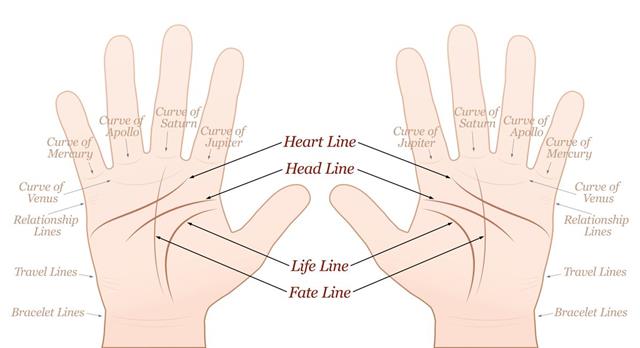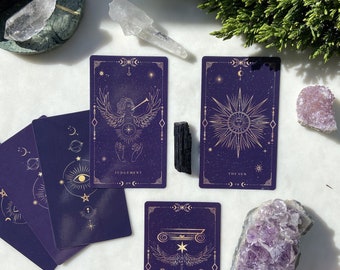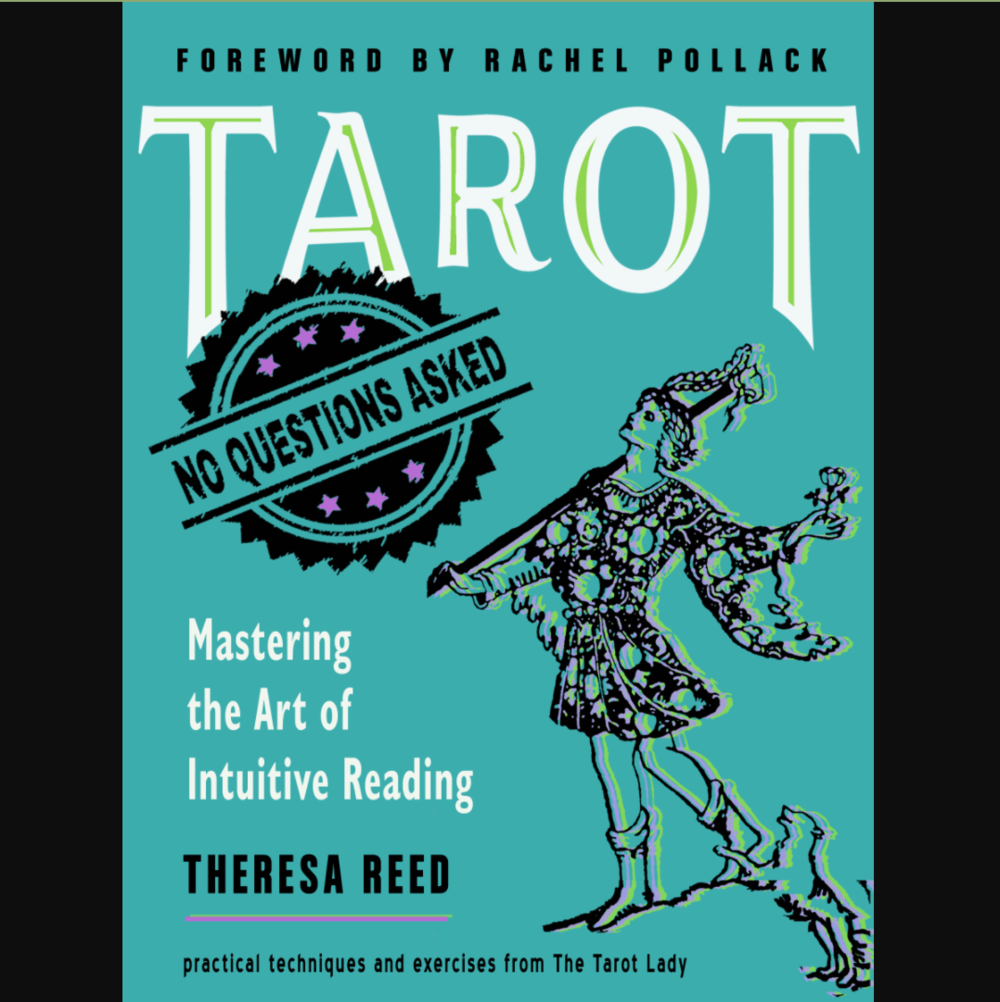
The Fool is among the 78 cards that make up the Tarot deck. It is one the 22 Major Arcana and is sometimes numbered 0 orXXII. This card represents curiosity, risk-taking, and new ideas. It is also a symbol of new love. The Fool is a symbol of new love.
Exploring new ideas
The Fool can be an empowering card if you're trying new things or taking risks. He wants you to trust yourself and trust the Universe. Trusting your intuition and yourself will help you realize your dreams.

Discovering new places
The Fool encourages us take risks and shows us how to trust ourselves. While leaps of faith may seem natural, they can also be a little scary, especially when we don't know what's on the other side.
Attracting new love
There are many meanings for the Fool tarotcard. It is also known as the playboy, and represents a person who is in search of pleasure and affirmation. However, this kind of thinking could make you a bad partner. If you're not ready to give up your comfortable routine, or you're not sure if you want to commit to someone, the Fool card might be a bad sign.
Physical health
The Fool Tarot card is a sign of the beginning of a new adventure that will bring you physical and emotional healing. You'll be able to find the information you need to heal yourself if the Fool card appears in your reading.

Romance
If the Fool dominates your love life, your relationship is likely to be impetuous and impulsive. It is possible to feel anxious about big decisions or struggle to stay grounded. These situations are when you need to talk about your fears and concerns with your partner. This will allow you to avoid making mistakes that may prove costly later.
FAQ
What are observation hobbies exactly?
Observation hobbies are activities where you observe people doing what they do. They might include watching sports, reading books, going on holiday, etc. It could also involve observing others.
Observation hobbies are great because they help you learn how to think creatively. You can draw on this knowledge later, when you work on projects for others.
You will discover that learning is easier when you are interested.
For example, if you want to know more about football, you may watch a game or read a book about it. To learn more about photography, it is possible to visit and take photos.
You could also buy a guitar or play along online to music if you are a musician.
You have the option to make your own meals or take out at a restaurant if you enjoy cooking.
If you love gardening, you might grow vegetables or flowers.
You can take a dance class, or just go out with your friends if dancing interests you.
You could also paint pictures if you are a fan of painting.
Write poetry and stories if that is what you love to do.
You can draw pictures if your passion is drawing.
If you are passionate about animals, you can look after them or work at the zoo.
If you enjoy science, you might consider studying biology, chemistry and physics.
History is something you might enjoy if you read books, watch movies, or listen to podcasts.
If you enjoy travelling, you might consider exploring your local area or traveling abroad.
What does a hobby really cost?
A hobby costs nothing but time. If you are serious about your hobby it could take years before you achieve your goals.
But there is one thing you can do to help yourself. It's called passion'. Passion will help you put in the effort to succeed.
After you've put in hours, you might become addicted. This is where the real fun begins. Because you now enjoy what you do and are improving your skills every day. This will mean that you will have likely made significant improvements by the end.
Don't be too concerned about how long it takes. Don't be afraid to try. You might be surprised by what you find!
What are collection hobbies?
The most loved collections include books, movies and music.
You can also find stamps, coins, cars and dolls as well model kits and figurines.
You get it?
What are some free resources I can use to learn more about hobbies
There are tons of websites devoted to helping people discover new hobbies.
Here are some of the favorites:
www.trythisathome.com - This site provides a list of over 100 different hobbies. It also includes information on how to get started on each one.
www.hobbyfinders.org: This website offers thousands of activities you can search by skill level, location, or interest.
www.indiebazaar.co.uk - IndieBazaar is an online marketplace designed specifically for independent artists and musicians. The site sells hundreds of items, including artwork and music gear.
www.pinterest.com/explore/hobbies - Pinterest is a social media network that lets users "pin" images they find interesting onto their boards. Boards let users organize what they like into particular categories.
www.reddit.com/r/Hobbies: Reddit, another social media platform, allows users to post links to articles and videos. Voting is available for users to choose the most valuable posts.
Statistics
- 37% Video Games 36% Travel 36% Health and Fitness (quizexpo.com)
- Studies show that just six minutes of reading can reduce stress levels by 60 percent. (oberlo.com)
- The Role of the Mind in Sex, Dating, and Love: Men in the “humor” condition received phone numbers from 42.9% of the female participants and were refused 57.1% of the time. (time.com)
- Almost 80% of people claim to have no hobby. (hobbylark.com)
- The intensity of the dialogue partners' bond at the end of the forty-five-minute vulnerability interaction was rated as closer than the closest relationship in the lives of 30 percent of similar students. (time.com)
External Links
How To
How to start gardening
Gardening is one form of agriculture that dates back to the beginning. It requires patience, persistence, and determination. The first step to starting a garden is to pick a spot where you will grow food. You could choose to plant food on a large parcel of land, or in your own backyard. Next, pick the type of plants that you would like. Are you more fond of flowers or vegetables? Some people enjoy growing herbs while others love raising livestock such as rabbits. Before you decide on what type of crops to plant you need to take into consideration how much space you have. You might consider growing berries or fruits if you live in a cold climate.
After choosing what you want to plant you need to prepare your soil. How your plants perform is dependent on how well the soil you use. A good soil has organic matter which helps to feed the roots of your plants. Organic matter includes things like leaves, twigs, grass clippings, manure, and compost. After you have prepared your soil you must add nutrients. The type of plant you intend to grow will dictate the amount of nutrients you need. You can calculate these values online with a fertilizer calculator. There are many fertilizers available so be sure to know what you are purchasing.
After you have prepared your soil, and added the correct nutrients, you will need to wait until your seed germinates. This can take anywhere from two weeks to three months depending on where you live and how warm it is. After seeds have sprouted, water them every day. Overwatering your plants can lead to problems. Make sure to give your plants water at regular times and not overwater. Overwatering can cause root rot or fungal diseases. Keep in mind that plants are more thirsty during summer than winter. Also, remember that certain plants need to dry out after watered. For tomatoes, it is important to keep them moist but dry. Soggy soil is not good for them. After they have finished flowering, they must go dormant. The time when plants stop producing new life and store energy for the next season is called dormancy. Dormancy means that the plant stops communicating with its roots about producing food. The plant continues to store energy during this time. If temperatures fall below freezing or the plants are not getting enough sunlight, they will die.
Urban areas can limit your choices for plants. Concrete sidewalks, roads and buildings are common in urban areas. They block sunlight from reaching the ground. Concrete absorbs light and prevents soil below from getting sufficient sun exposure. Many plants can't thrive in urban environments because they lack sunlight. However, many plants can still thrive in urban environments. Many trees, shrubs, perennials, and other plants can adapt to urban life. Many annuals can also grow indoors in pots. Container gardens allow you to bring fresh greenery into your home year-round regardless of the weather outside.
Now you're ready to plant.